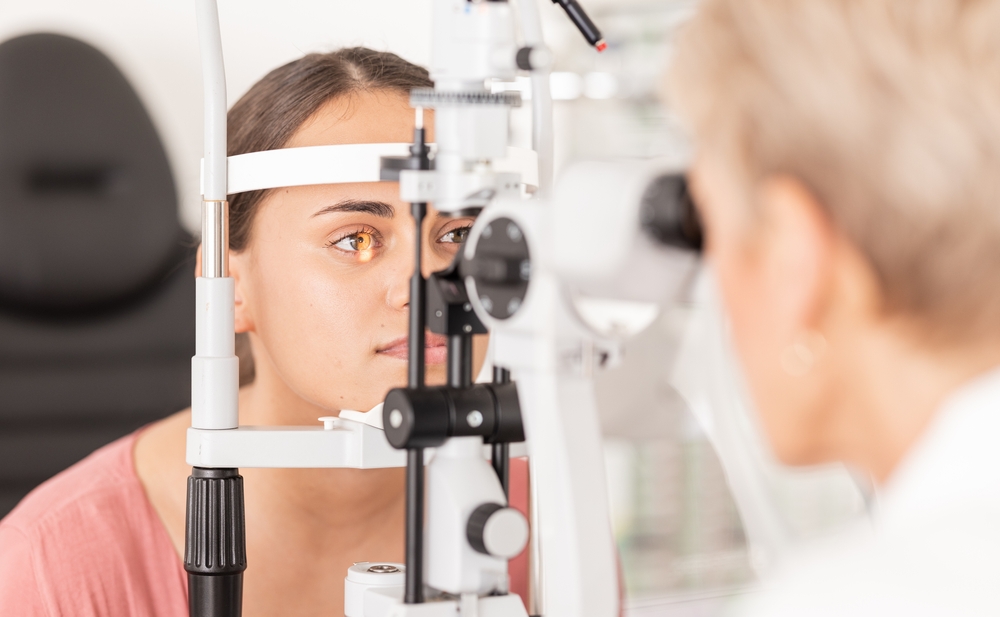How to Know If Your Eyes Need Specialty Contact Lenses

Your eyes may need specialty contact lenses if they are not getting better with standard contact lenses. Specialty contact lenses are unique lenses. They are intended for patients with corneal or other eye problems for which regular contacts are not fit. Because standard contact lenses sit on the eye surface covering the cornea, they must sit accurately and securely. But that is not the case for patients with hard-to-fit eyes.
Having hard-to-fit eyes means you have an eye issue that makes it difficult to wear regular contact lenses. Specialty contact lenses' design allows them to fit the distinct curve of each cornea. That is what makes these lenses unique and practical for patients with hard-to-fit eyes.
How Do You Know If You Need Specialty Contact Lenses?
If traditional contact lenses make your eyes uncomfortable, your eye doctor will perform a contact lens exam. The exam will determine the most suitable contact lenses for everyday use and your candidacy for specialty contacts.
You may need specialty contact lenses if you have the following:
Dry Eyes
Dry eyes can make contact lenses feel uncomfortable. They can dry your eyes out and worsen dry eye symptoms. Your eye doctor may recommend rigid gas-permeable (RGP) contact lenses if you suffer from dry eyes. RGP contacts allow oxygen to enter your eyes and let your tears flow beneath the lenses. That keeps your eyes from feeling dry and irritated.
Corneal Problems
Some corneal problems may change your cornea's shape and trigger vision loss. These problems include:
- Keratoconus. Keratoconus thins out the cornea and makes the eye swell outward, resulting in blurry vision and light sensitivity.
- Astigmatism. Astigmatism occurs when the cornea's shape is irregular, making your eyes bend light incorrectly.
With specialty contacts, your eyes will feel more comfortable in contact lenses and have sharper vision. Your eye doctor will diagnose your eye problem and prescribe appropriate specialty contacts based on your case.
Giant Papillary Conjunctivitis (GPC)
GPC is an eye infection that causes swelling in your eyelid's inner part. With GPC, the inner part of your eyelid is swollen, sore, irritated, and secreting mucus. The mucus creates a slimy coating on your contacts, making them shift positions a lot and feel uncomfortable.
Your eye doctor may recommend wearing RGP contact lenses. Their hard material prevents the slimy coat from sticking to the lenses.
Problems After Eye Surgery
Eye surgeries such as LASIK and corneal transplants change your eye's curve. That makes it hard for a standard contact lens to sit securely on your eye. When experiencing eye discomfort after surgery, your eye doctor may prescribe corrective contact lenses to ease the pain and provide crisper vision.
Sensitive or Damaged Eyes
Eye sensitivity or damage may result from disease, trauma, or birth defect. Patients with albinism or partial or total absence of the iris (aniridia) can experience extreme sensitivity to light and glare. Hybrid or gas-permeable contact lenses can help focus light correctly, cut glare, and reduce light sensitivity.
Do you need specialty contact lenses? Talk to your eye doctor to learn more about specialty contacts and determine whether they suit you.
For more about specialty contact lenses, visit Justice Vision Clinic at our office in Duluth, Georgia. Call (770) 626-7883 to book an appointment today.







